Introduction
No one knows what questions are asked in the interview, but before going into it, we have to make complete preparations from our side. It has been observed that many times the same questions are asked again and again in interviews. So there will be a possibility that if you have read the questions asked earlier then it may be repeated in your interview. So we also researched and found some DevSecOps interview questions that are frequently asked in DevSecOps interviews. Please read these carefully, it will increase your knowledge and help you in the interview.
Que: What is DevSecOps?
Answer: DevSecOps meaning Development + security + operations. It’s a software development approach that accounts for the integration of security practices earlier into the software development process. We can say that this is DevOps but with a lens on security.
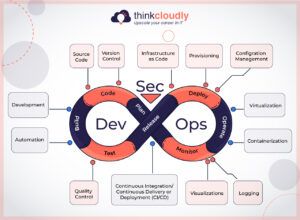
Que: Why is it important to prioritize SCA first in the DevSecOps cycle?
Answer: DevSecOps works on a shift left approach which requires us to conduct SCA at the initial stage. By this, vulnerabilities can be identified early and quickly fixed, thereby improving the overall security posture of applications, preventing supply chain attacks, and reducing technical debt.
Que: What are the key cultural aspects of DevSecOps?
Answer: The key cultural aspects of DevSecOps are –
- Collaboration and communication among cross-functional teams. This creates a feedback mechanism to enhance communication and learning about the project.
- Shared responsibility for safety, meaning everyone is responsible. Developers, operations teams, and security professionals must work together to identify and mitigate risks.
- CI/CD integration embeds security checks into the continuous integration/deployment pipeline, saving time and money.
- This extends the concept of IaC to the concept of SaC. This makes it easier to manage and enforce security controls.
Que: What tools are used in DevSecOps? it’s one of the most frequantly asked question in DevSecOps Interview questions.
Answer: The main security tools used in DevSecOps are
- Infrastructure as Code (IaC)
- Static Application Security Testing (SAST)
- Dynamic Application Security Testing (DAST)
- Security Information and Event Management (SIEM)
- Interactive Application Security Testing (IAST)
- Identity and Access Management (IAM)
- Continuous Integration/Continuous Deployment (CI/CD)
- Configuration management tools
- Container security tools
Que: How do you stay updated on the latest security threats and best practices in DevSecOps?
Answer: I follow some security-related news channels, websites, DevSecOps engineering blogs, industry leaders, and forums which keep me updated about new updates. I also attend events and training, constantly learn, and read new research reports related to security and all this helps me keep up with new technologies.
Que: What is the importance of audit trails in the DevSecOps ecosystem?
Answer: Audit trails play an important role in the DevSecOps ecosystem. Some of the importance of audit trails in the DevSecOps ecosystem are
- It provides a transparent record of project activities and establishes collaboration between development, security, and operations teams.
- Allowing a continuous feedback loop into security practices allows organizations to identify areas for improvement in their DevSecOps processes.
- This verifies that the policies and security controls are consistently applied throughout the process.
- It provides insights into the DevSecOps pipeline that helps improve performance.
Que: What are “Security Champions” in DevSecOps?
Answer: “Security champions” are individuals and play an important role in DevSecOps. They serve as a bridge between security and other teams and ensure that there are no communication gaps between them. They actively contribute to incorporating best practices, tools, and security knowledge throughout the development lifecycle.
Que: Why is threat modeling important in DevSecOps?
Answer: Threat modeling helps to identify and mitigate security risks earlier throughout the development lifecycle. Here are some reasons why threat modeling is important for DevSecOps
- Early risk identification.
- Cost-Efficient Security Plan
- Security awareness and continuous improvement
- Collaboration between teams
- Prioritize security efforts
- Use of CI (continuous integration)/CD (continuous deployment) pipelines.
Que: Explain the term “Zero Trust Security Model” in DevSecOps.
Answer: It is an approach that emphasizes the importance of no trust between any system, device, or user, regardless of its origin or location. It remains aligned with the principle of the DevSecOps model and integrates security practices through the development process. It requires continuous authentication and verification of users, applications, and devices inside and outside the development environment for every interaction.
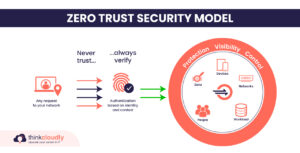
Que: Importance of Penetration Testing in DevSecOps?
Answer: Penetration testing or pen testing identifies and resolves security vulnerabilities in development infrastructure and software applications. The importance of penetration testing in DevSecOps is as follows
- Early detection of vulnerabilities
- Risk mitigation
- Simulate real-world attack
- Threat intelligence
- Automate security testing
- Meet regulatory standards
- Enhance incident response plans
Que: What are common challenges with DevSecOps?
Answer: With so many benefits there are some challenges also in DevSecOps
- There is a need for skilled professionals who are experts in both security and development.
- When we integrate security into CI/CD pipelines it may disrupt development speed and agility.
- It secures infrastructure and applications in dynamic cloud environments where frequent and automated changes occur.
- Managing and integrating security tools into existing DevOps workflows is a complex process.
- We need to ensure that all members, including security, operations, and development teams, have adequate knowledge of security practices.
Que: What are the basic differences between DevOps vs DevSecOps?
Answer: The basic differences between DevOps vs DevSecOps are as follows
| DevOps | DevSecOps | |
| What | In DevOps development & operation teams work together for faster and continuous delivery of software. | It’s a software development approach that account for integration of security practices earlier into software development process. |
| Primary objective | Enhance efficiency, speed and quality of software development. | Secure the development process by integrating security into every stage of software development. |
| Processes | In DevOps continuous integration (CI) and continuous delivery (CD), Microservices, Infrastructure as code (IaC), etc. | with CI/CD some security related processes also used. Like – static application security testing (SAST), interactive application security testing (IAST), Software composition analysis (SCA), dynamic application security testing (DAST), etc. |
| Team work | As the name suggests the developer and software team work together. | With software and developers, security teams also working together. |
| Tools used | Jira, kubernetes, ansible, GitHub, Jenkins, XRAY, Bitbucket, statuspage, Appdynamics, GetFeedback etc. | Veracode, Checkmarx, OWASP ZAP, Burp Suit, SonarQube, Fortify, Snyk, Coverity, AppScan, etc. |
Conclusion
I hope that you have read each DevSecOps interview questions and its answers carefully and this has also increased your knowledge. Also, you would have got to know what types of questions can be asked in the interview. We’ve covered a few questions here, but there’s so much more to know and learn that can’t be covered in one blog. So if you want to know everything about DevSecops then you can contact us we will defently help you.


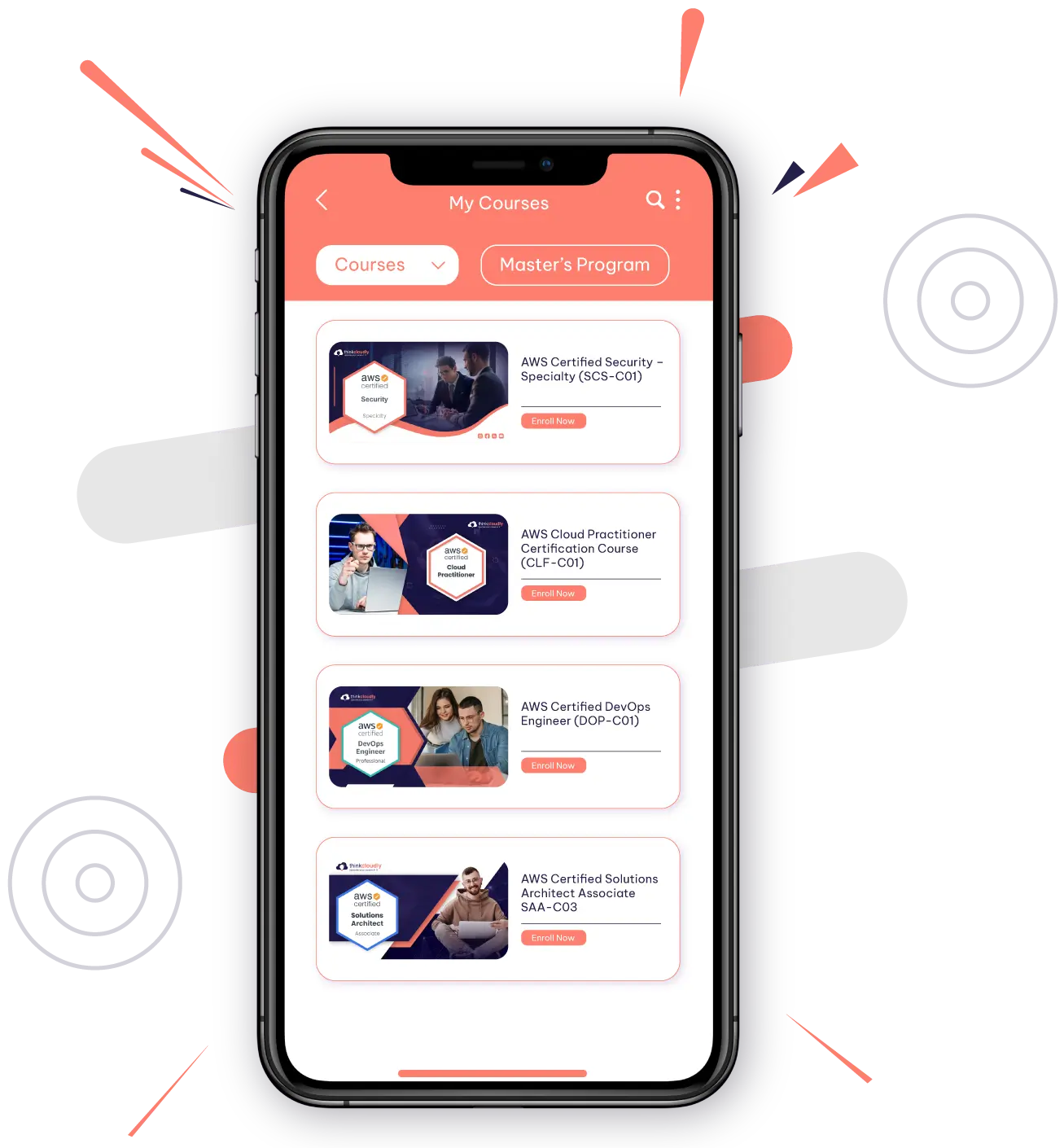



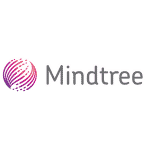

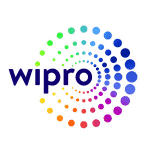



No comment yet, add your voice below!